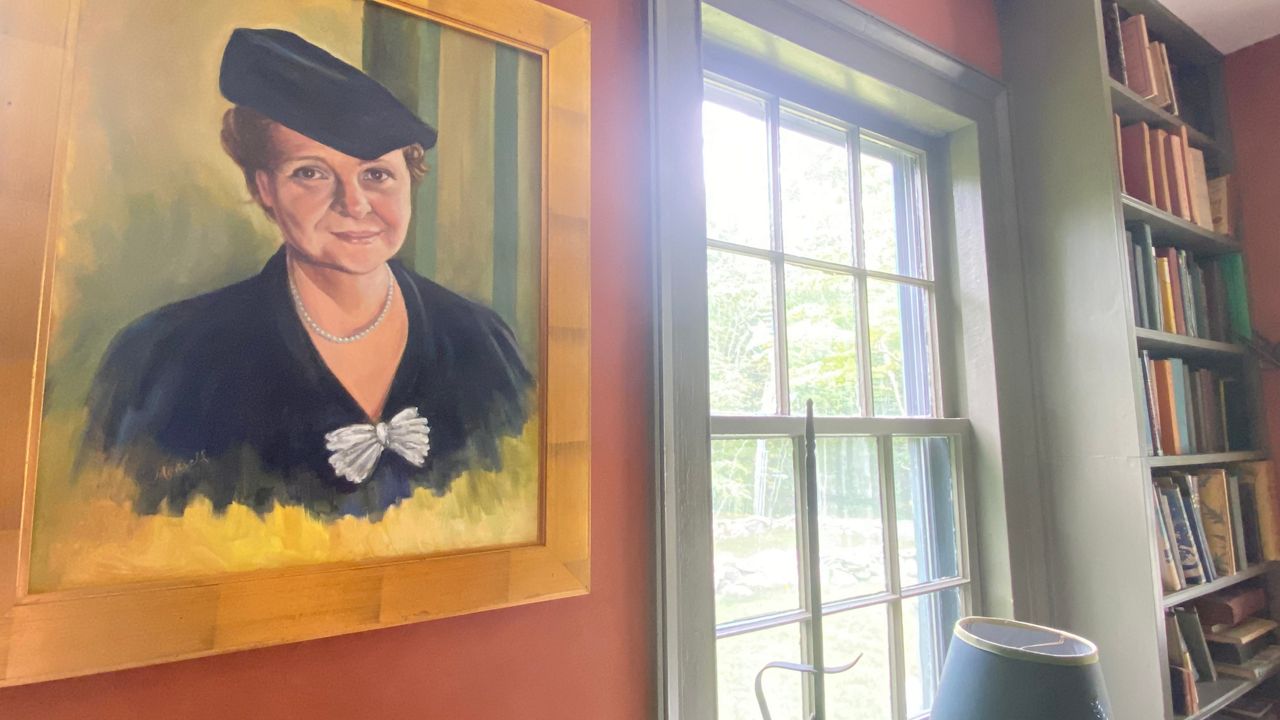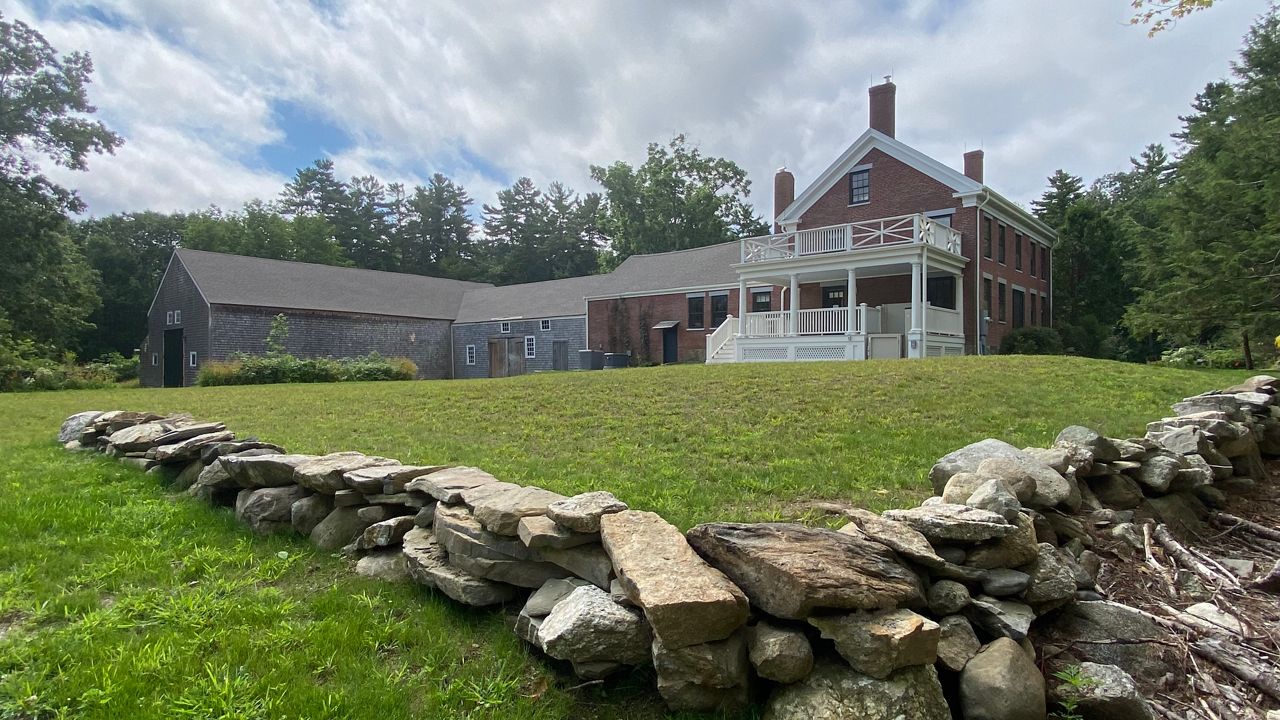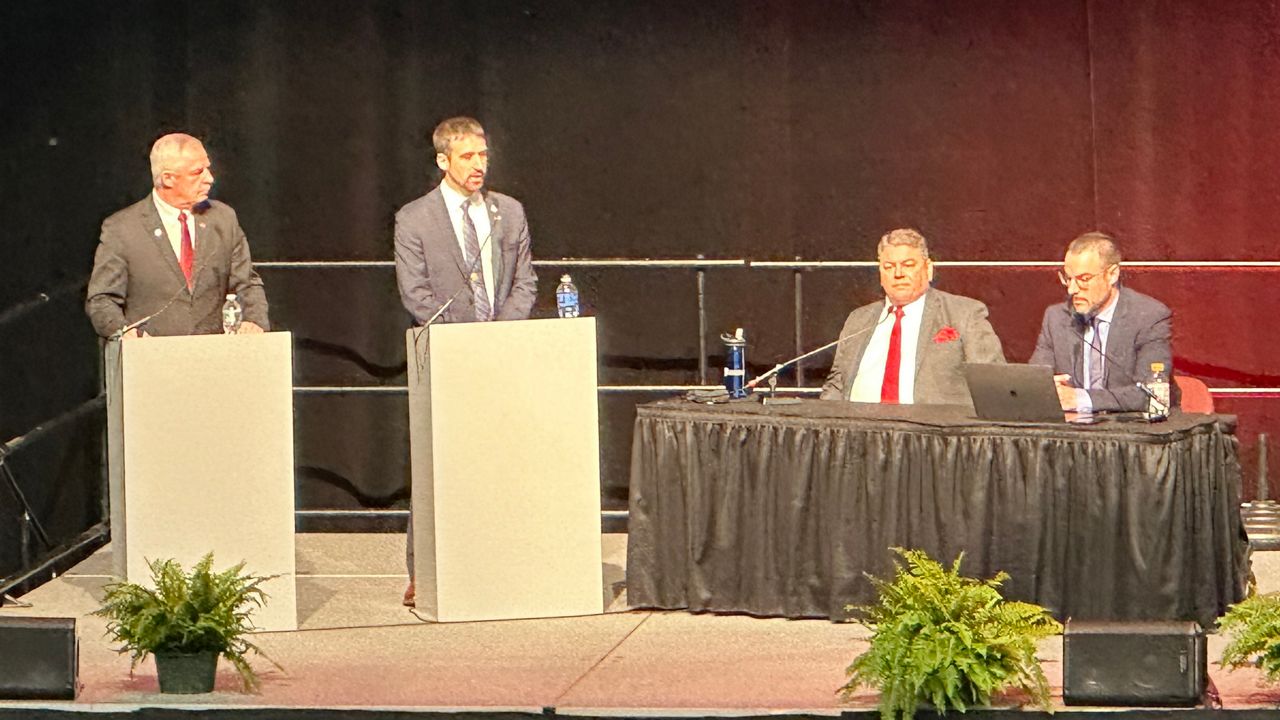With $3.5 million in renovations complete, the family homestead of the nation’s longest serving labor secretary and first female presidential cabinet member is welcoming Mainers to an open house in September.
The Frances Perkins Homestead National Historic Landmark in Newcastle offers visitors a chance to see a home preserved to show what life was like in the early 1800s and honors the life and legacy of Franklin Delano Roosevelt’s labor secretary.
“To tell the story of this national heroine is so important,” said Giovanna Gray Lockhart, executive director of the Frances Perkins Center. “Frances Perkins had a commitment to social and economic justice issues that Mainers would be proud to learn more about.”
Perkins played a role in creating some of the biggest worker protections in the country, including Social Security, minimum wage and overtime provisions and the unemployment insurance program, said Maine Department of Labor Commissioner Laura Fortman.
“First of all, she is a role model and a touchstone,” Fortman said. “Many of the policies today, the big rock worker protections, were created under her leadership.”
Perkins served in the Roosevelt administration from 1933 to 1945, making her the longest serving labor secretary in U.S. history.

(A portrait of Frances Perkins, who served as labor secretary for Franklin Delano Roosevelt, hangs in the sitting room of the family homestead in Newcastle. (Spectrum News/Susan Cover)
In pictures hanging in the homestead, Perkins is shown in cabinet meetings with FDR and was the only woman in the room.
But Perkins worked hard not to draw attention to herself, preferring to focus on the policy, Fortman said.
Perkins was born in Boston in 1880 and raised in Worcester. She was very close to her grandmother, Cynthia Otis Perkins, for whom the Maine homestead was built in 1837.
Frances — known to locals in Maine as Fanny — spent her summers in Maine and throughout her life, she returned to spend time there, even when living in Illinois, New York and Washington, Lockhart said.
“She felt truly at home in Maine,” she said.
Perkins graduated from Mt. Holyoke College in 1902, moved to New York in 1909 to conduct field work on child malnutrition in Hell’s Kitchen and a year later, completed her master’s degree from Columbia University.
One of the defining moments in her life came in 1911, when Perkins witnessed the Triangle Shirtwaist Factory fire in New York City that killed 146 workers, Fortman said.
“She heard the fire sirens and saw young women leaping from the factory to their death,” Fortman said. “That made an indelible impression on her.”
Perkins led the investigation into the fire, which prompted some of the first workplace health and safety laws in the country.
A sociologist by training, Fortman said Perkins was a stickler for data and insisted that the people most impacted by policy changes had a voice at the table.
During a tour of the homestead this week, site manager Michael Chaney described the recent work to shore up the basement and front porch and improve the parking lot and entrance. The massive barn got a new roof and foundation and has two-inch-thick pine floors.
Visitors to the home will see the winter and summer kitchens, the sitting room where Perkins enjoyed relaxing, several photos and news clips that describe her work and legacy, and the beautifully restored barn.
That work will be followed by a second phase to raise money for a visitor and education center, Lockhart said. As the stewards of Perkins’ archives, artifacts and belongings, the center is eager to display photographs and other items to better help tell the story of Frances Perkins.
“This is a woman way ahead of her time,” Lockhart said. “There’s so much we can learn about her life.”
The free Sept. 17 open house runs from noon to 3:30 p.m. at the homestead, 478 River Road, Newcastle.
To visit another time, tours are by appointment and can be scheduled by calling (207) 563-3374. Tickets are $15 for adults, $13 for senior citizens and $7 for children under 18.









)